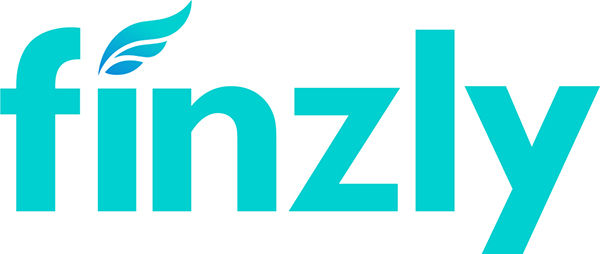
It’s been a grand week for Finland’s ReceiptHero. The company announced a few days ago that it was teaming up with SEB Kort to have its digital receipt functionality integrated into SEB Kort’s corporate card, Eurocard. Then, we learned that ReceiptHero had inked a deal with fellow Finovate alum ETRONIKA that will enable the launch of the first e-receipt solution in the Baltic region. The new offering will allow ETRONIKA’s business customers to use their KASU retail network management system and ReceiptHero’s technology to issue digital receipts to their customers.
“ETRONIKA has built a truly modern retail chain management and POS product and we are thrilled to be partnering on a wider partnership that allows us the initial steps of building out the Baltic ecosystem.” ReceiptHero CEO Joel Ojala said.
Today comes more news from the Finland-based fintech. Courtesy of an investment from VC Lifeline Ventures, Superhero Capital, and Vidici Ventures of Sweden, ReceiptHero has picked up $2.43 million (€2 million) in seed funding.
“We’re making some real strides now with merchants and potential bank partners,” Ojala said. “We’ve hit an inflection point where banks understand the potential of digital receipts and value for their customers. For merchants they feel safe with ReceiptHero protecting their customer data and payment information.”
Growing interest in ReceiptHero’s technology, which transmits digital receipts from merchants directly to customer banking or account apps, comes as Finland’s government has decreed that digital receipts will be mandatory by 2025. Finland launched a digital receipt pilot project in 2019 that saw more than 50,000 state workers shopping exclusively with merchants using ReceiptHero’s platform.
ReceiptHero made its Finovate debut earlier this year at FinovateEurope in Berlin. Headquartered in Helsinki, the company is also partnered with Nordea, integrating its technology with the bank’s Nordea Wallet offering at the beginning of last year. Other recent ReceiptHero partners include SKJ Systems, Diebold Nixdorf, and global IT system integrator CGI.
Photo by Engin Akyurt from Pexels






























